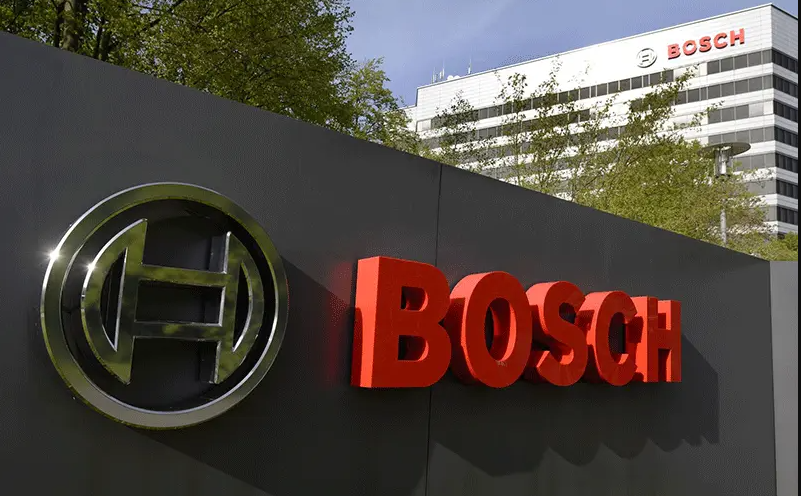In a striking response to the escalating turmoil within the automotive sector, Bosch has announced plans to lay off 7,000 employees at its manufacturing plants in Germany. This decision highlights the profound challenges facing automotive suppliers amid shifting market dynamics, declining sales, and rapid technological changes.
Causes of the Crisis
The automotive industry is undergoing a seismic shift characterized by several factors:
- Electrification: The global transition to electric vehicles (EVs) is reshaping production processes. Traditional automotive supply chains are being disrupted as manufacturers pivot towards electric drivetrains and battery production, leaving some suppliers struggling to adapt.
- Economic Slowdown: Economic uncertainties, including inflation and supply chain disruptions exacerbated by geopolitical tensions, have resulted in reduced consumer demand for vehicles. This has led to lower sales and revenue for many automotive companies.
- Technological Advancements: The rapid integration of advanced technologies, such as automation and digitalization, is creating a demand for new skills that the current workforce may not possess, leading to a mismatch between existing capabilities and market needs.
Effects on Bosch and the Industry
Stefan Hartung, CEO of Bosch, stated that the company does not expect to achieve its economic targets for 2024, citing these external pressures. The layoffs are part of a broader strategy to streamline operations and enhance competitiveness in a challenging environment. The potential for additional job cuts remains, as Hartung noted that the company must remain agile in response to ongoing industry changes.
The decision to cut jobs will have significant ramifications, not just for those directly affected but also for local economies dependent on the automotive sector. Communities around Bosch plants may experience economic downturns as disposable incomes decrease, and job losses ripple through the supply chain.
Anticipated Outcomes
As Bosch navigates these turbulent waters, the company’s strategy will likely focus on investing in new technologies and retraining its workforce to align with the future of mobility. The outcome of these job cuts could set a precedent for other automotive suppliers facing similar challenges, signaling a potential trend of downsizing and restructuring across the industry.
Industry analysts suggest that while these job cuts may provide short-term financial relief for Bosch, the long-term success will depend on its ability to innovate and adapt to the rapidly evolving automotive landscape. As other companies monitor Bosch’s situation, the automotive industry may see a wave of transformations aimed at survival in an increasingly competitive market.



